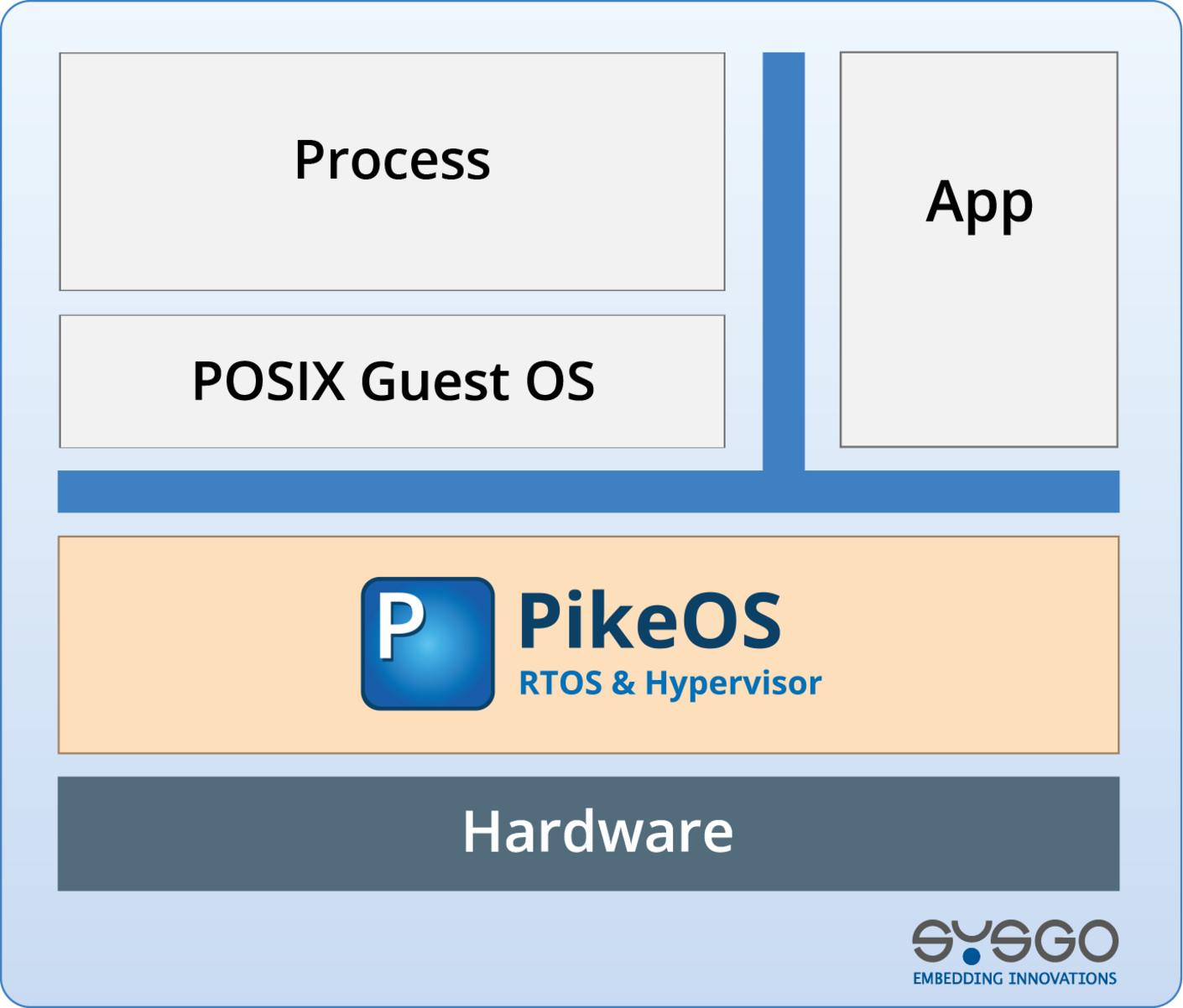POSIX standard API allows migration of existing software
Robust and small implementation provides solid base for application development
Feature-rich API for usage in projects with mixed criticality
Socket API for LwIP and CIP provides network access in standard manner
Small code base results in little attack surface increasing overall Security



